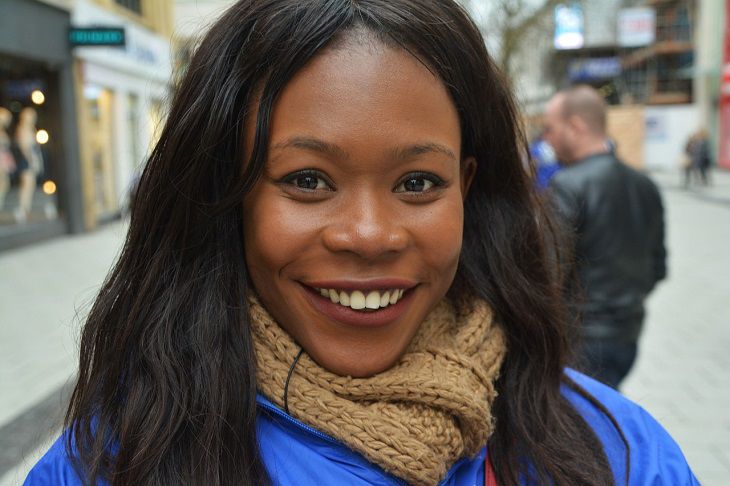We all assume that we understand what we want and need, but it's not always true - we might think that we do, but we don't.
There's a subtle line between things we want and things that are good for us, and understanding the difference might need practice and time.
Here are a few tips that might help you see what's actually better for you.

Know Yourself
Take time to think about what you like and don't like. Consider your strengths, what makes you happy, and what you're good at.
Listen to Your Feelings
Notice how you feel in different situations. If something makes you feel good or excited, it might be something that's good for you.
If it makes you unhappy or stressed, it might not be the best fit.
Set Goals
Think about what you want to achieve. Setting small, achievable goals can help you figure out what steps to take and what's important to you.
Ask for Advice
Talk to people you trust, like family or friends. They might have helpful insights or experiences that can guide you.
Learn from Mistakes
Don't be afraid to make mistakes. Sometimes, trying different things helps you understand what works best for you.
Learn from the experiences, and use them to make better choices in the future.
Take Your Time
It's okay not to have everything figured out right away. Take your time to explore and discover what feels right for you.
Reflect
Spend some quiet time reflecting on your thoughts and feelings. This can help you understand your desires, fears, and what truly matters to you.
Trust Yourself
Trust your instincts. If something feels right deep down, it probably is. Trusting yourself is an important part of making decisions that are best for you.












